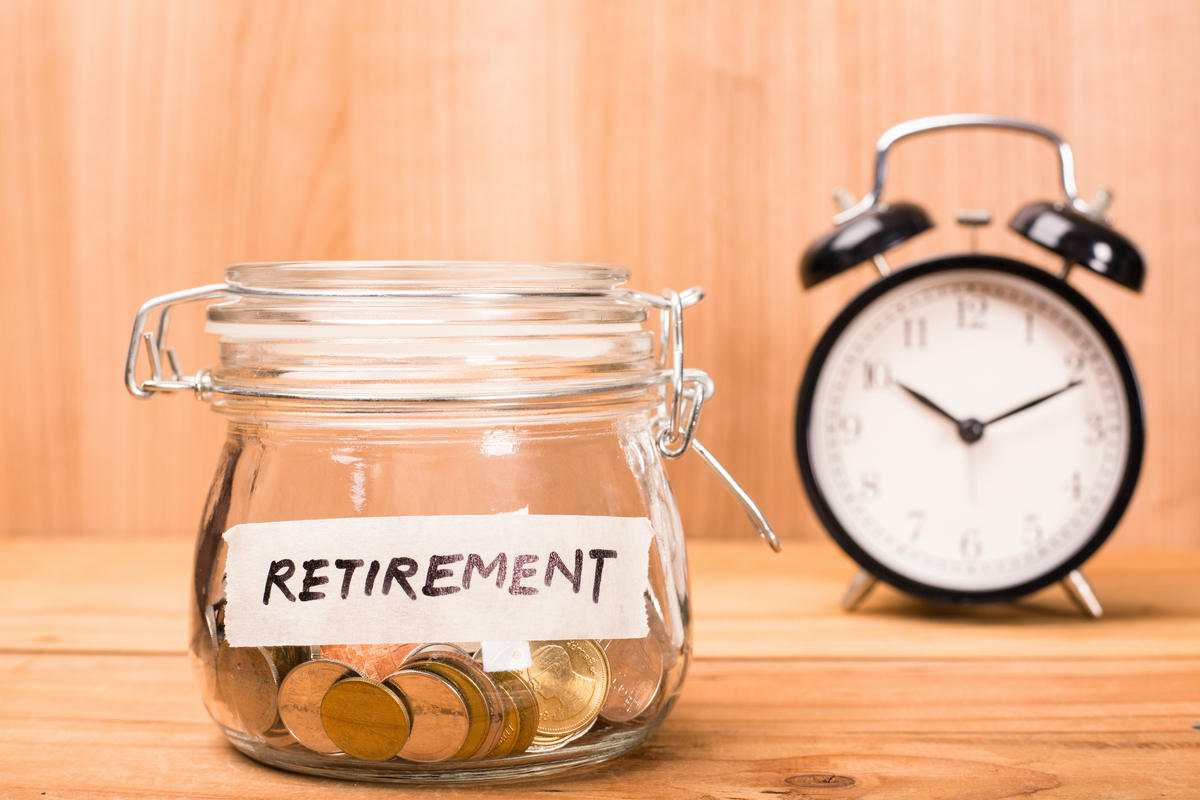





Senior citizens in the United States are facing more financial challenges than ever, with elimination of many company pensions, rising medical costs, and lower personal savings. According to the Consumer Bankruptcy Project, more than three times the number of seniors filed for bankruptcy in 2018 than in 1991. If a senior finds themselves in a difficult situation, will their retirement funds be protected?
Bankruptcy is a legal process where a person or business that can’t pay their debts may seek relief from some or all their debts. In the United States, bankruptcies are typically divided into two types: Chapter 7 and Chapter 13. Chapter 7 bankruptcy, also known as “liquidation,” involves selling off a debtor’s non-exempt assets to pay off creditors. On the other hand, Chapter 13 bankruptcy, referred to as “reorganization,” allows debtors to keep their property and instead restructure their payment plans to make them more manageable. While it can offer a fresh start, bankruptcy is a serious step that can have long-term impacts on one’s financial and personal life. Therefore, understanding its basics is key to making informed decisions.
When facing bankruptcy, it’s generally under one of two types: Chapter 7 or Chapter 13. Each has different procedures and implications. Chapter 7 bankruptcy, also known as liquidation bankruptcy, involves selling the debtor’s non-exempt assets to pay off debts. Any remaining debts, with some exceptions like student loans and taxes, are then discharged, essentially erasing them. On the other hand, Chapter 13 bankruptcy, often referred to as reorganization bankruptcy, involves setting up a payment plan to repay debts over a period of three to five years. In this type of bankruptcy, the debtor gets to keep their assets.
When filing for bankruptcy, certain retirement accounts are considered exempt, meaning they’re protected from creditors. Most commonly, these include accounts under sections 401(k), 403(b), profit-sharing and money purchase pension plans, as well as defined benefit plans. Moreover, traditional and Roth IRAs are also usually protected up to a limit. As of the date this article was written, the exemption limit was approximately $1.36 million per person. It’s important to remember that these protections exist to help ensure individuals have access to retirement funds in the future. However, not all types of retirement accounts qualify for these exemptions, so understanding the specifics of each can provide a clearer picture of what might happen in the case of bankruptcy.
When it comes to bankruptcy, the legal perspective holds significant protections for 401(k) and IRA accounts. The 401(k) is typically safe from creditors during bankruptcy due to the Employee Retirement Income Security Act (ERISA). This law places 401(k) plans, and others like it, beyond the reach of creditors, safeguarding the future retirement income of the individual filing bankruptcy. On the other hand, traditional and Roth IRA accounts also enjoy protection, but up to a certain limit, currently around $1.36 million per person. This protection is governed by federal bankruptcy laws. In essence, these protections ensure that despite going through bankruptcy, people can still maintain some level of financial security during their retirement years.
Bankruptcy can often feel like a storm, threatening to sweep away hard-earned savings. However, for those with pension plans, there’s some shelter from the storm. Most pension plans, like defined benefit plans, are fully protected in a bankruptcy under federal law. This includes both private and public sector pensions. Even if an individual has to file for bankruptcy, these pensions are usually secure from creditors. This rule is part of a broader effort to safeguard individuals from losing their livelihood in their retirement years. But it’s important to note that not all pension types are covered, and there can be exceptions. For instance, some types of non-ERISA pensions may have more limited protections.
When considering bankruptcy, it’s natural to worry about its impact on social security benefits. The good news is, under federal law, Social Security income is generally protected during bankruptcy. This means that creditors cannot typically access these funds. In both Chapter 7 and Chapter 13 bankruptcy, social security benefits usually remain untouched. However, it’s important to be careful how these benefits are managed. If Social Security benefits are mixed with other money in a bank account, it can sometimes be difficult to identify and protect these funds. Therefore, keeping social security income separate could be beneficial. Despite the uncertainties that bankruptcy can bring, knowing that social security benefits are generally safe can provide a sense of relief.
When bankruptcy becomes a reality, protecting retirement funds becomes a priority. Thankfully, several strategies can help safeguard these valuable assets. Firstly, ensuring that retirement funds are in accounts protected by federal law, such as 401(k)s or IRAs, can provide significant security. Secondly, keeping Social Security benefits separate from other funds can help protect them from creditors. Additionally, it’s wise to resist the urge to withdraw from retirement accounts to pay off debts. Though it might seem like a quick solution, the long-term impact on retirement security could be significant, and withdrawal penalties could add more financial strain. Lastly, avoiding the transfer of assets just before filing for bankruptcy is important, as the court might view this as an attempt to hide assets. Understanding these strategies can help individuals better protect their retirement funds during bankruptcy.

Experiencing bankruptcy can indeed be a challenging chapter in one’s life, but it doesn’t mean the end of retirement planning. After bankruptcy, individuals can still work towards a secure retirement, although the process might be slightly altered. It’s important to remember that bankruptcy typically does not deplete all assets, especially protected retirement accounts. These accounts can serve as a solid foundation to restart retirement savings. Moreover, once the bankruptcy process is complete, it’s often a good time to reassess financial habits and create a new budgeting plan. Prioritizing steady contributions to retirement accounts, reducing unnecessary expenses, and focusing on building an emergency fund can all help to rebuild financial stability. Bankruptcy can be a hurdle in the journey to retirement, but with thoughtful planning, achieving a comfortable retirement remains a reachable goal.
Many people believe that bankruptcy is synonymous with negativity or failure, but this is often a misconception. In reality, it can be a necessary step towards achieving financial stability. Beyond the negative stereotype, bankruptcy can sometimes be the only way out, especially for homeowners who are vulnerable to schemes like foreclosure fraud. Moreover, it’s essential to understand the implications of different aspects of bankruptcy, like the outcome of failing the Chapter 7 means test. For all of these reasons, consulting a trusted source like My Debt Advisors in Sheboygan ensures you’re equipped with the right information and guidance. This local office can provide tailored advice and support, helping you navigate through these challenging financial times with expertise and care.
If you are filing for bankruptcy, contact us or call us at 866-696-6432 today for a free consultation.

Learn about bankruptcy protections, types of bankruptcy, how to get started, what to expect, and who to trust. Filing bankruptcy is the ONLY way to completely eliminate debt. If bankruptcy is right for you, it offers powerful protections that cannot be achieved through alternative solutions such as hardship relief, loans, or debt settlement.